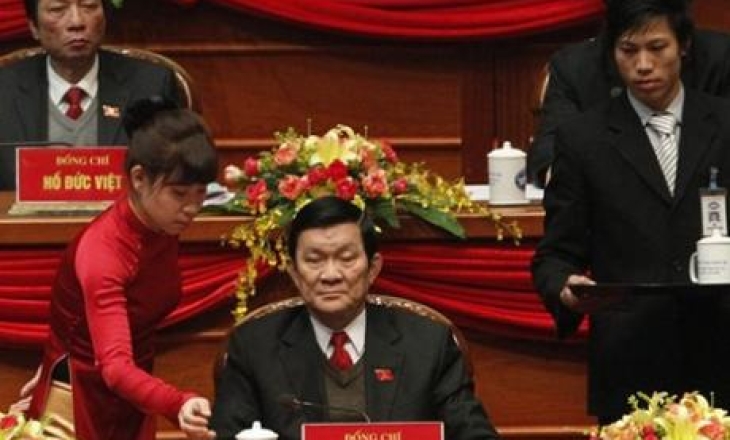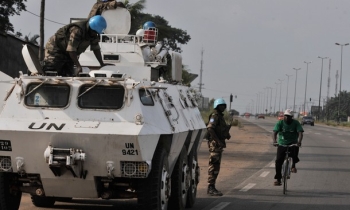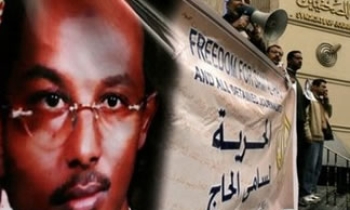A new executive decree issued on January 6 in Vietnam that will give authorities greater powers to penalise journalists, editors, and bloggers who report on issues deemed as sensitive to national security, New York-based press freedom group Committee to Protect Journalists (CPJ) has said. The new media regulations were issued amid a mounting clampdown on dissent shortly before Wednesday's opening of the 2011 Communist Party Congress.
"Ultimately, this new decree aims to increase government control over Vietnam's already over-regulated and highly suppressed media," said Shawn Crispin, CPJ's Senior Southeast Asia Representative. "The language of the decree is overly broad and represents the government's latest use of rule by law justifications to limit press freedom, including over the Internet."
The 44-page decree outlines new monetary penalties for journalists who refuse to divulge their news sources or publish articles under pseudonyms. The new restrictions, included in the decree's Article 7, aim specifically at the country's burgeoning blogosphere, where many bloggers publish under pseudonyms to avoid possible government reprisals.
The decree builds on a December 2008 Information Ministry directive that aimed to bring online media under the same censorship regime imposed on the traditional media, including a ban on posting vaguely and broadly defined state secrets and requirements that ISPs maintain databases of individual blogs for state surveillance purposes.
Language in the decree's Article 5 makes sharp distinctions between the rights of journalists accredited to the government and independent bloggers, online reporters, and freelancers. Article 6 spells out set monetary penalties for actions that impede on newspaper operations, including the intimidation of reporters and unlawful seizure of their properties, but the protections notably do not extend to unaccredited reporters.
The decree will take full effect on February 25 and supersede any similar decrees issued in the past, according to a copy of the decree reviewed by CPJ.
In 2009, CPJ ranked Vietnam as the sixth worst country to be a blogger. The country maintains some of the world's strictest Internet controls, including blocks on Facebook and several other Vietnamese-language websites, including those run by organizations critical of the government. At least five politically oriented bloggers were among dozens of activists held on national security-related charges, including "spreading propaganda against the state and "abusing democratic freedoms," CPJ data show.










